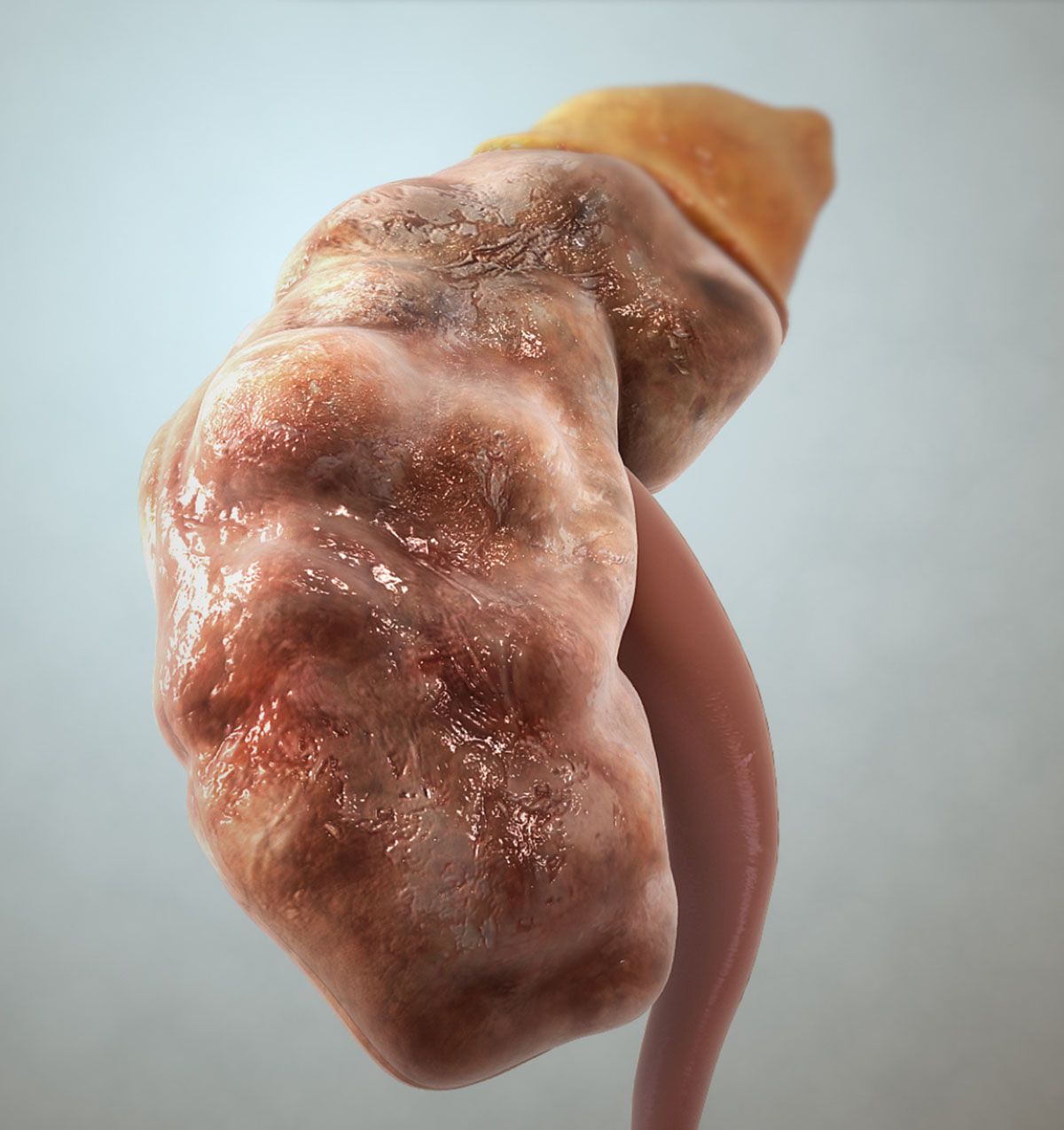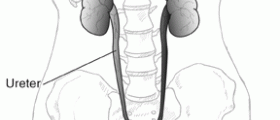
Types of kidneyfailure
Kidney failure is another term for the loss of kidney function or the condition in which kidneys lose their ability to filter blood and remove excess fluid, salts and waste material from it. There are two types of kidney failure acute and chronic. Acute is usually developed all of a sudden, in cases of people who are seriously ill who are hospitalized and requiring intensive care, while chronic is developed gradually, and may be the result of some other health problem or disease as well. Different conditions cause different types of kidney failure so blood clots, vasculitis, infections, cholesterol, multiple myeloma, various heart conditions certain medicines (including antibiotics and chemotherapy drugs) and toxins (which also include alcohol) are frequently recognized as the causes of acute kidney failure. On the other side, diseases such as type I and type II diabetes, high blood pressure, vasculitis renal artery stenosis, bladder or kidney cancer, infection of kidneys and kidney stones tend to lead to chronic kidney failure.
Symptoms of kidneyfailure
Even though acute kidney failure may not always cause evident problems, and in such cases results of laboratory tests usually indicate it, symptoms that may indicate it otherwise are decreased urination, retention of fluid which results in swelling of feet, legs and ankles, fatigue, nausea, pain in the chest and shortness of breath. As for chronic kidney failure, it usually happens that the signs and symptoms appear when kidneys are already significantly damaged and when their function is seriously impaired, while in the early stages usually no obvious symptoms are present at all. Besides swelling of feet and ankles, nausea and fluid retention, symptoms that occur are loss of appetite, problems with sleeping, cramps and twitches of muscles and decreased mental sharpness. However, since many of these symptoms may indicate a number of other conditions as well it is necessary to see the doctor as soon as they are noticed, because they will be able to set the right diagnose. In some situations in order to confirm the diagnosis they might need the results of blood and urine tests, or the results of ultrasound or even kidney biopsy.
When it comes to this condition, whether acute of chronic, it is not possible to prevent it for sure. However, in order to minimize the risks of it, it is highly advised to avoid too much alcohol consumption to use medications that are not prescribed by the doctor according to the instructions to take care about weight and to avoid smoking.

















Your thoughts on this
Loading...